BACKGROUND AND COMMENTARY
CAN BE FOUND BELOW THE LIST
|

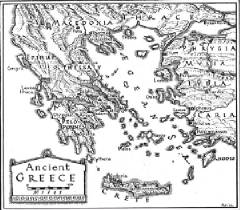
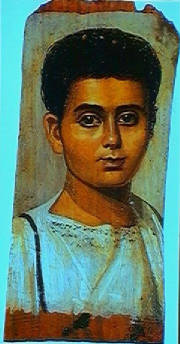
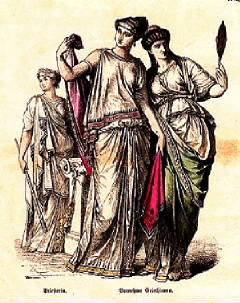
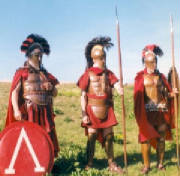
A
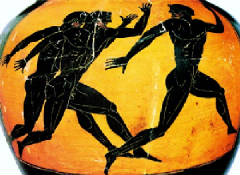
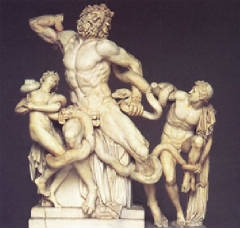
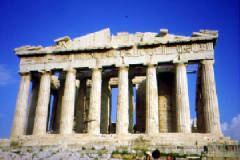
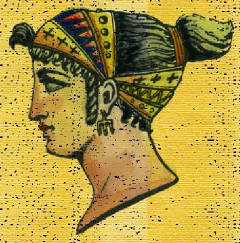

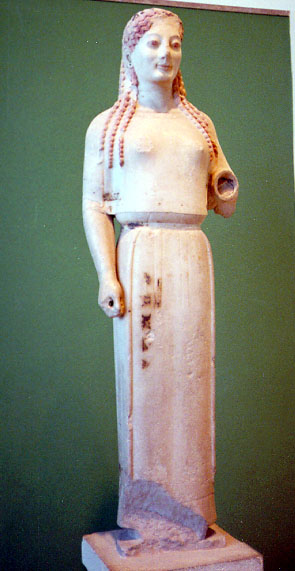
|
abyss
acme
atlas
amoeba
arctic
apex
aroma
auto
--------------
bacteria
bio
--------------
cardio
catastrophe
chaos
chemo
cinema
colossus
coma
cosmos
crisis
cryo
crypto
--------------
delta
demon
dilemma
disco
dogma
drama
dynamo
--------------
echo
esophagus
ethnic
eureka
-------------
galaxy
ganglion
glaucoma
graphic
--------------
halo
helix
hemi
herpes
hippo
humid
hyena
hyper
hyphen
hypocrite
-------------
icon
idea
ion
iota
irony
--------------
kilo
kinetic
--------------
labyrinth
lard
larynx
lipid
logic
lymph
-------------
mania
martyr
math
meteor
mime
mist
mnemonic
mono
myrhh
-------------
nectar
neuron
nymph
------------
ocean
ode
olive
omega
optic
orca
orchid
organ
orphan
ox
------------
pan
pancreas
panther
par
parasite
phobia
phono
photo
pharynx
philosophy
phenomenon
plankton
plasma
Pluto
porno
pseudo
psycho
-------------
rhinocheros
-----------
schizo
siphon
skeleton
spasm
sphere
stereo
stigma
strep
syntax
-----------
tach
technic
tendon
tension
thesaurus
thorax
thymus
tiger
titan
tonic
toxin
trachea
tragic
trauma
tropic
typhon
typhus
-----------
Uranus
utopia
-----------
zephyr
zodiac
zoo
zone
|
From the time I did the Latin/English list in 1985, I always wanted a similar Greek/English list. Finally, thanks to the web,
I discovered the work of John Robertson (WORDINFO.INFO). He is exhaustively cataloging all the Latin and Greek words, roots,
prefixes, suffixes--he uses the word “units” to refer to the lot.
I scanned the whole project, picked out the best 250 and then narrowed down to the 131 presented here. My parameters were
two. Most high school students would know the word. And the Greeks actually spoke essentially the same word; conversely, Aristotle,
hearing us speak the word, would know what we said.
But keep in mind that the Greeks used a different alphabet, that we have no recordings of how they spoke, that words shift
even in our own print culture, and that a Greek noun might have many forms and, at best, only one of those would match our
word.
John Robertson said it was almost impossible to confirm an absolute match-up between a word 25 centuries ago and today. All
I can assure you is that this is as close to the ideal list as you’ll find. Scholars are invited to recommend improvements.
I wish so much I’d seen such a list when I was in high school. I hope all teachers will use this list and the Latin
list to inspire students. “Look at how much you already know!” Momentum, in education, is everything.
And when students show enthusiasm, send them to advanced studies at WORDINFO.INFO.
